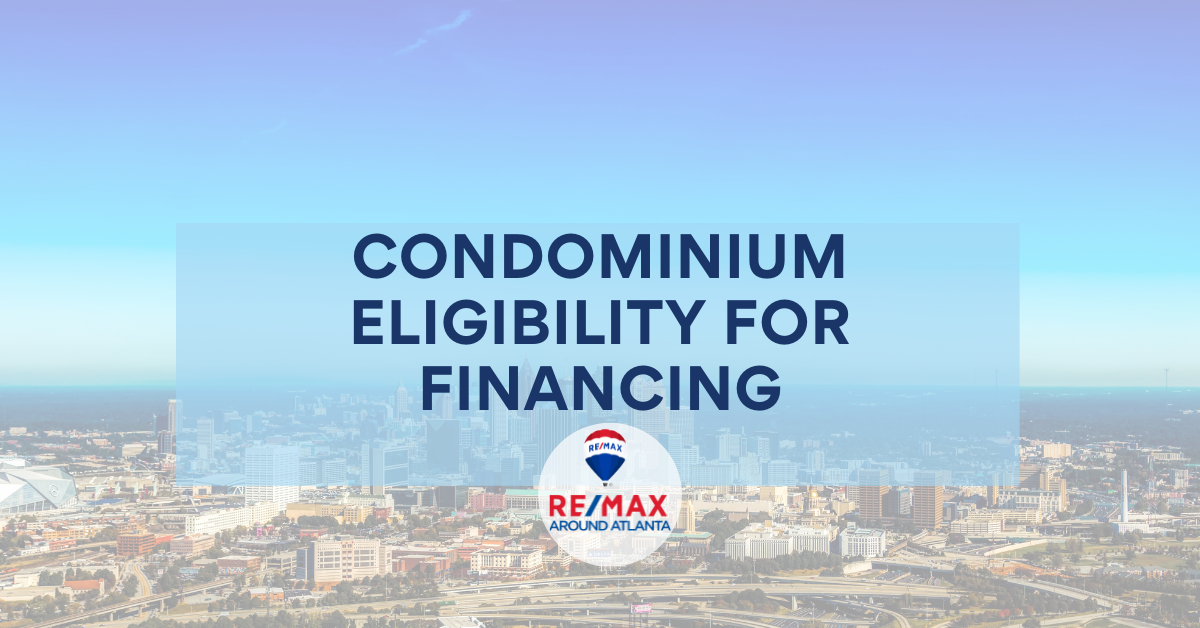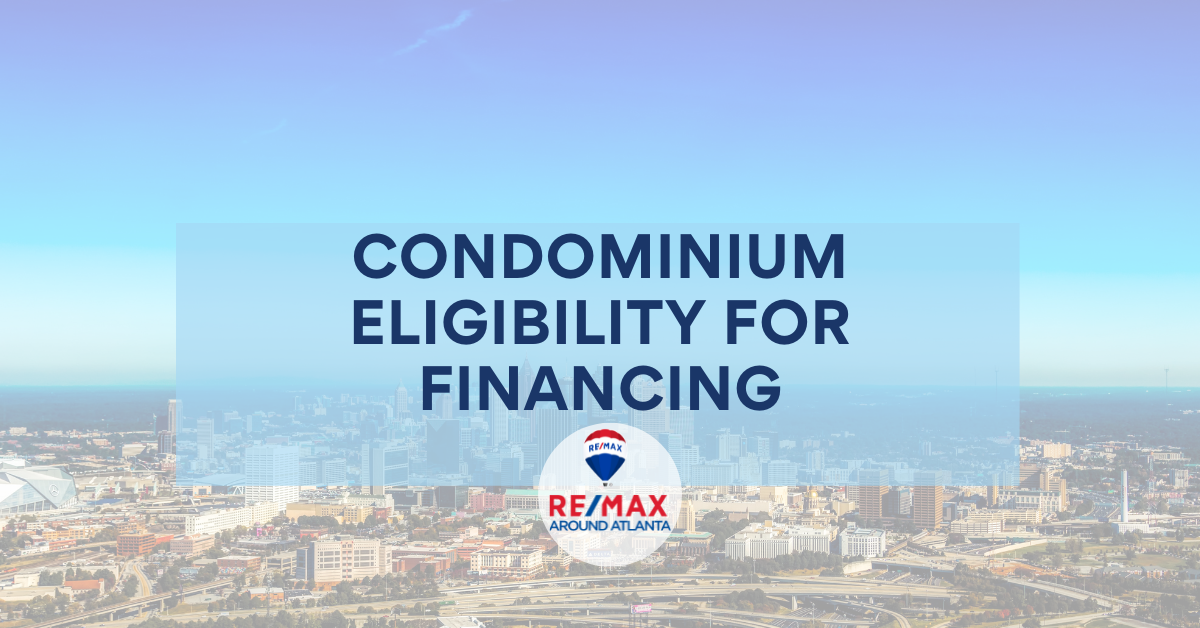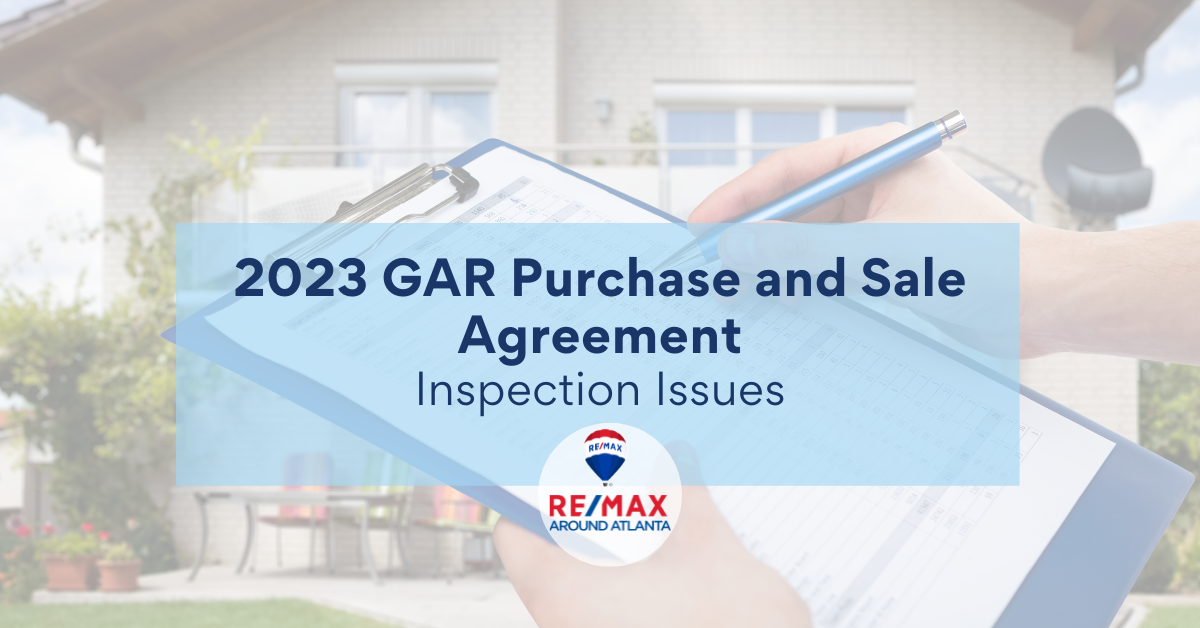|
This is a repeat Broker Corner because we keep seeing condominium properties
rejected for FNMA and Freddie Mac financing for HOA issues. After the terrible condominium collapse in Florida, Fannie Mae and Freddie Mac created additional conditions to the HOA Approval process. Significant deferred maintenance at the Florida condominium was a factor in the building collapse. Condominium associations cannot be approved by lenders for Fannie Mae and Freddie Mac loans if there is significant deferred maintenance (like the Florida collapse), unpaid monthly assessments above 15%, insurance coverage deficiencies, and other HOA issues. If the HOA is rejected, the loan is rejected. Condominium management companies are now required by FNMA and Freddie Mac to answer additional questions regarding deficiencies, defects, substantial damage and deferred maintenance, as well as other new questions. Some management companies either answer very slowly (after a loan contingency has expired) or refuse to answer the questions at all for fear of liability. If a lender cannot get the questionnaire completed, the loan cannot be approved. If the financing contingency has expired, the buyer loses. Protect Your Condominium Buyer Clients To protect a buyer’s earnest money in the event that the approval process takes longer than the time limits of finance contingency or if the HOA cannot be approved at all, we recommend adding a Special Stipulation to all condominium purchase agreements that allows the buyer to terminate if the property cannot be qualified by FNMA or Freddie Mac. If such a stipulation is not included and the HOA is not approved by the lender, there is no protection for the buyer after the finance contingency has expired. The following is a new Special Stipulation to cover the situation. There is also a GAR Special Stipulation that calls for the buyer’s termination right based on a number of days from the binding date. The time period can, of course, be adjusted as the situation requires. We suggest that instead of days from binding that the time period be written as any time prior to closing. The following Special Stipulation is suggested as it covers both ineligibility for financing, an uncooperative HOA and can be used at any time prior to closing. Summary If you are a Buyer’s agent selling a condominium property and you are seeking a conventional loan, we highly recommend that you protect your client by including the following special stipulation: Special Stipulation Contingency for Condominium Eligibility for Financing If the Property is a condominium unit, this Agreement shall be contingent upon the condominium in which the unit is located being eligible for financing and approved by Buyer’s lender. If Buyer obtains written notice from Buyer’s lender indicating that (1) it is declining Buyer’s loan application because the condominium in which the unit is located is ineligible for financing, (2) Buyer’s lender is unable to determine whether the condominium in which the unit is located is eligible for financing because the HOA or management company for the condominium has not provided sufficient information for the lender to make such a determination, or (3) Buyer’s lender cannot approve financing until the Association fills out a FNMA or other secondary mortgage market questionnaire on whether the Association has done inspections of the Condominium and the amount of reserves for needed repairs, then Buyer may terminate this Agreement by providing written notice to Seller, along with the notice from Buyer’s lender, prior to closing date. If Buyer timely provides such notice, then Buyer shall be entitled to the return of their earnest money. If Buyer does not timely provide such notice, then the contingency contained in this paragraph shall be waived and of no further force or effect. This contingency is applicable irrespective of whether there is any loan contingency, financing contingency, or “No Financing” contingency exhibit attached hereto and shall survive the expiration, wavier, or satisfaction of the same. 1/20/23
0 Comments
It’s so easy to get into trouble.
A small token of appreciation, even a Starbucks card, to an unlicensed person can lead to a violation of both Georgia License Law and RESPA (Real Estate Settlement Practices Act). There are 2 key elements of a violation: 1. A licensed agent gives an item of value to an unlicensed person, and 2. The gift is a quid pro quo for a referral or settlement service. What Does Quid Pro Quo Mean? Quid pro quo means "something given or received for something else." There is nothing inherently illegal in giving or receiving something in exchange for something else, but in the context of real estate payments to an unlicensed individual for referrals it is illegal. If you provide a payment (or anything else of value) in return for a recommendation of a settlement service, you are in violation of RESPA. And yes, real estate brokerage services are a settlement service. (See below for the list.) For example, HUD recently reached an agreement with an appraiser who paid restaurant gift cards to workers of a mortgage firm in return for recommendations. HUD received $4,000 in compensation from the appraiser. They also had to promise to cease giving gifts and help HUD with its probe into the mortgage firm. Broker To Broker Referrals Note that Georgia License Law and RESPA do NOT prohibit the payment of referral fees between real estate licensees, so broker-to-broker referrals are acceptable and perfectly legal. Gifts To Unlicensed Parties Can Be Legal You can send a gift as a general appreciation to promote relationship building. You can pay for breakfast, lunch or dinner to build relationships. (You may even be able to deduct them.) The key is that there cannot be a direct nexus between a specific thing of value given and an unlicensed individual. These are the laws: Georgia Code Title 43. Professions and Businesses § 43-40-25 Licensees shall not engage in any of the following unfair trade practices: (b) (17) Paying a commission or compensation to any person for performing the services of a real estate licensee who has not first secured the appropriate license under this chapter or is not cooperating as a nonresident who is licensed in such nonresident's state or foreign country of residence… RESPA § 8: Kickbacks and Referral Fees Includes Real Estate Brokerage Services REALTORS® are generally most familiar with § 8 of RESPA which prohibits referral fees and kickbacks to settlement service providers. Section 8(a) of RESPA prohibits any person from giving or accepting any fee, kickback or thing of value, pursuant to any written or oral agreement or understanding, for the referral of settlement service business involving a federally related mortgage loan. 12 CFR Part 1024 - Real Estate Settlement Procedures Act (Regulation X) § 8 Definitions of Settlement Service: any service provided in connection with a real estate settlement including, but not limited to: 1. The origination, processing or funding of a federally related mortgage loan. 2. Mortgage broker services such as counseling, taking applications, obtaining verifications and appraisals, lender, borrower communications, etc. 3. Title searches, title examinations, title commitments, title insurance, abstracts and other related services. 4. An attorney’s legal services. 5. Closing document preparation, notarization, delivery and recordation. 6. Credit reports. 7. Appraisals. 8. Property inspections. 9. Pest and fungus inspections. 10. Property surveys. 11. Conducting the closing or settlement. 12. Mortgage insurance. 13. Hazard, flood or casualty insurance; and home warranties. 14. Flood zone certification. 15. Mortgage, life, disability or similar insurance. 16. Real property taxes and assessments. 17. Real estate brokerage services. This list is broad but not all-inclusive. Services that occur at or prior to the purchase of a home are typically considered settlement services. Anything listed on a HUD-1 and paid for by the buyer or seller could be a settlement service, and the company providing the service could be a settlement service provider. The Affiliated Business Arrangement Disclosure (ABAD) Affiliated Business Arrangements that are disclosed are not subject to a violation of RESPA. The Act includes a specific carve out for fees paid per disclosed marketing agreements. That’s why the Affiliated Business Arrangements Disclosure is a requirement in every RMAA brokerage agreement. The GAR Purchase and Sale Agreement gives the buyer and the buyer’s agents the right to enter and to thoroughly inspect, examine, test, and survey the property under contract. This right exists regardless of whether the property is being sold “as is,” subject to a due diligence period, or with a right to request repair of defects. The right to inspect has to be exercised at reasonable times and exists up to the time of closing. The buyer not only has a right to inspect the property, but under the doctrine of caveat emptor (buyer beware), also has a duty to do so. The underlying principle of law is that the buyer cannot claim that he has been deceived by false misrepresentations about defects that the buyer could have discovered.
Multiple Inspections If the discovery of a condition would cause a reasonably prudent buyer to investigate further, the buyer is under an obligation to investigate further. There are a lot of situations that might require a further investigation: mold, termites, ceiling stains, even a blocked passage. Consider the situation of a burst pipe after the initial inspection. The seller repairs the pipe and repairs the sheetrock. The seller must inform the buyer of the change in condition (the burst pipe and repair) and the Seller Property Disclosure would need to be updated to reflect the condition and repair. The buyer has the right to reinspect to evaluate the repair, but is also responsible for the cost of repair following the reinspection. So long as the seller repairs the burst pipe and delivers the property in the same or better condition as it was on the offer date, the seller has fulfilled its obligation. Does the Buyer Have to Hire A Professional Inspector? There is no legal duty for a buyer to hire a professional home inspector or to hire an inspector at all. However, the failure to retain a professional home inspector can be used as a defense against a purchaser who subsequently discovers damage to the property. The argument is that the buyer failed to exercise due diligence by not retaining a professional. Remember, Georgia is a Buyer Beware state. Language Change for Buyer’s Payment of the Cost of Inspection Damage If the property suffers damage by the inspection, the buyer is also required to pay for the repair of any damage to the property caused by the inspection. The language has been modified in the 2023 contract forms. This section previously provided that: “Buyer agrees to hold Seller and all Brokers harmless from all claims, injuries and damages relating to the exercise of these rights and shall promptly restore any portion of the Property damaged or disturbed from testing or other evaluations to a condition equal to or better than the condition it was in prior to such testing or evaluation.” For 2023, the section was revised so that the buyer, rather than actually restoring the property damaged in an inspection, agrees to pay to seller the actual cost to restore the damage. This change was made so that the seller could control the repairs being made to the seller’s property. In addition, the entire section was added in a boldface font so that the buyer’s indemnification obligations are now very prominent. By doing this, it will also make it harder for buyers to argue that they did not see this section and should therefore, not be bound by it. Reference: Weissman, Seth. The Red Book on Real Estate Contracts in Georgia (p. 821-836). BookBaby. Kindle Edition. |
RMAAReal Estate News, Brokers Blog & More Categories
All
Archives
July 2024
|




 RSS Feed
RSS Feed